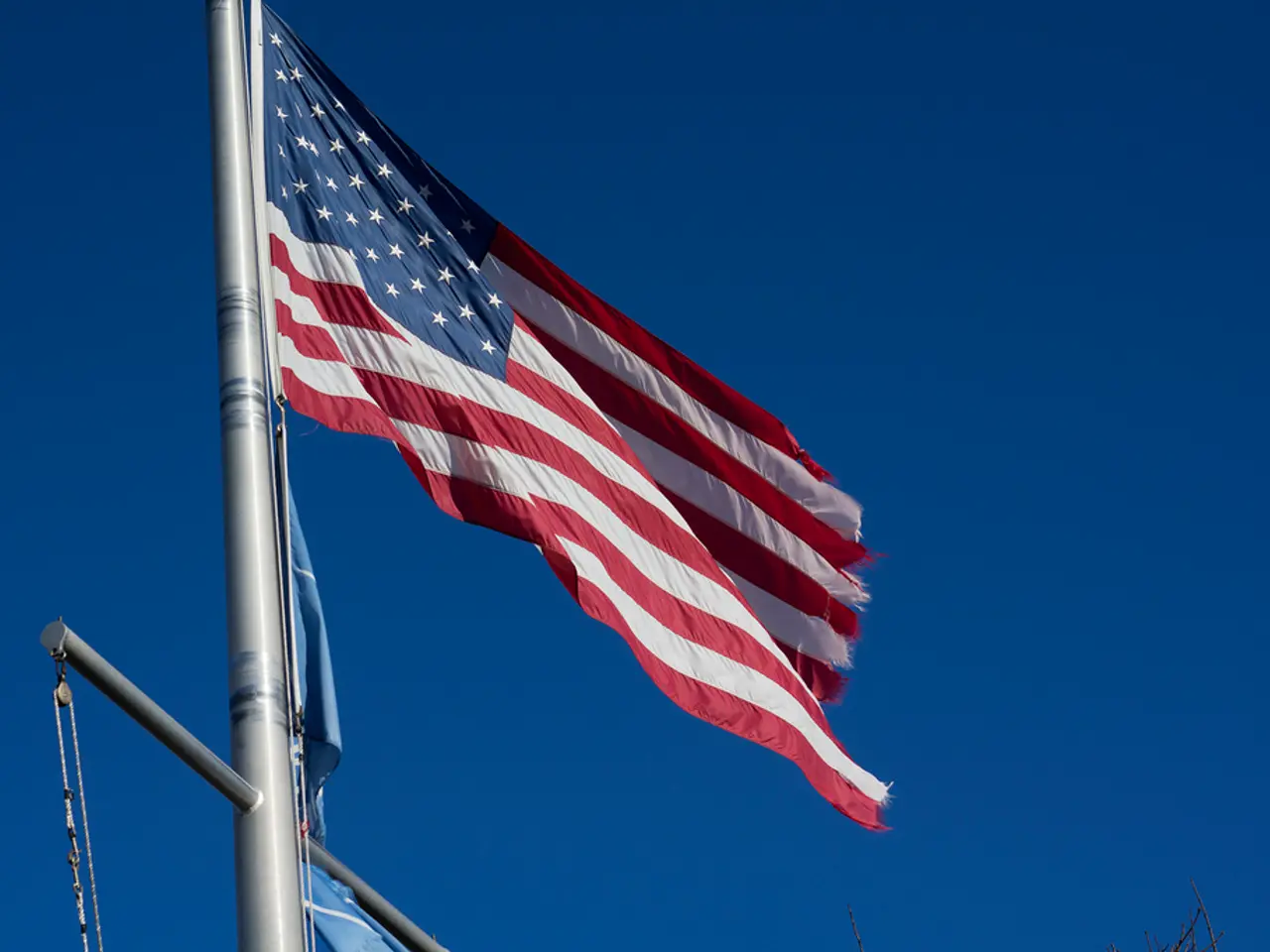Discourse on Conservatism and American Traditions by Vivek Ramaswamy
In the heart of contemporary politics, a call for a principled political stance is echoing. This stance, true conservative philosophy, is a revival of the ideals that sparked the American Revolution – merit, free speech, self-governance, and the rule of law.
This philosophy is not about left versus right, but a challenge against the nature of bureaucracy itself. It seeks to preserve these foundational principles, adapting them to modern realities through mindful reflection rather than radical change.
At the core of this philosophy lies the preservation of traditional institutions and practices. This doesn't mean blind adherence to the past, but a conscious conservatism that restates these truths in new contexts. Society, shaped by historical wisdom, is viewed as an organic whole, acknowledging the rupture caused by the Revolution and modernity.
Meritocracy and individual responsibility are also key principles. Conservatives believe that wealth and success emerge bottom-up through individual effort under secure property rights and minimal state obstruction. This approach preserves dignity via contribution rather than dependency.
Free speech and liberty are essential freedoms to be protected. This includes freedom of expression grounded in respect for the rule of law and moral principles, not simply relativistic tolerance or radical equality.
Self-governance and rule of law are also paramount. Government is limited to safeguarding natural rights, maintaining order, and facilitating freedom. True conservatism is wary of utopian reforms, emphasizing prudence and incremental improvement to preserve democratic self-rule without succumbing to hardened ideologies or totalitarian trends.
Moral and constitutional foundations reflect the original spirit of the American Revolution. Respect for constitutional limits, individual freedom under law, and a commitment to moral principles as a check on power and societal cohesion are fundamental.
However, the excessive growth of the managerial class across all American institutions is a significant challenge. Modern DEI initiatives often prioritize demographic quotas over true diversity of thought, leading to divisions rather than unity. Ideological clubs within bureaucracies, such as military leadership and educational institutions, are used to maintain power and deflect accountability.
The solution isn't just combating specific ideologies, but fighting the excessive growth of the managerial class. The true conservative philosophy advocates for a return to the roots of the American Revolution, embracing a conscious, principled preservation and renewal of foundational truths.
References:
- O'Sullivan, A. (2020). The conservative mind: What it is, what it isn't, and why it matters. Regnery Publishing.
- Kirk, R. M. (1953). The conservative mind: From Burke to Eliot. Regnery Gateway.
- Kengor, P. (2018). The devolution of the conservative movement. Encounter Books.
- Pangle, T. G. (2003). The spirit of modern Republicanism: The Moral Vision of the American Founders and the Philosophy of Locke. University of Chicago Press.
- Scullin, M. (2020). The conservative tradition from Burke to Bush. Routledge.
Read also:
- Weekly happenings in the German Federal Parliament (Bundestag)
- Southwest region's most popular posts, accompanied by an inquiry:
- Discussion between Putin and Trump in Alaska could potentially overshadow Ukraine's concerns
- Tinubu's administration allegedly causing issues within every political party as Peter Obi's name surfaces - Obidient Movement asserts








